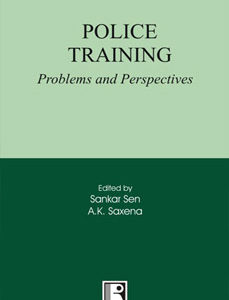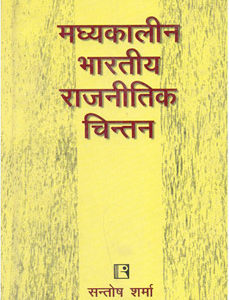STATE, CIVIL SOCIETY AND RIGHT TO EDUCATION
₹1,095.00 Original price was: ₹1,095.00.₹876.00Current price is: ₹876.00.
25 in stock
Right to Education has been a major concern at the global level and in developing countries like India, both in the domains of state and civil society. Making education a fundamental entitlement is a landmark development in the history of relationship between state and its children, further strengthened by various civil society organisations working towards the similar goal. However, despite these developments, various socio-cultural issues, polity, economy and governance continue to pose a huge challenge to achieve this goal in the Indian context. As such, rights approach to education is to be understood in the tradition of social, economic and political reality of a people.
The book emerges out of a rigorous research engagement, focusing on school education and its interlocking relationship with the larger social, political and economic dynamics of the state of Manipur. To achieve a radical education agenda, such as ‘right to education’, requires societal reforms, and not just reforms in the education sector alone. The study thus sheds light upon regional challenges, which are a part of the nationwide phenomenon.
The book will be of great value to teachers, educationists, parents and all those engaged in the area of right to education, including research scholars, social activists and policy makers.
Contents
1 Introduction: Sociological Relevance and Modes of Enquiry
2 Exploring the Dynamics of State-Civil Society Interface
3 Understanding the Social Landscape of Manipur Valley
4 Choosing Schools for Children: Seeing through Parents’ Eyes
5 Has the State Failed? Inside a Government School
6 Civil Society Interventions
7 Conclusion: Right to Education – Challenges Ahead
| Author's Name | |
|---|---|
| Binding | |
| Release Year | |
| Language | |
| Publisher |
Related products
Political Science
Political Science
Political Science
Political Science
Political Science
CRIMINAL JUSTICE ADMINISTRATION: The Relay Race for Criminal Justice
Political Science
POST-POKHRAN NUCLEAR POLITICS: Fresh Perspectives on Indo-US Relations











